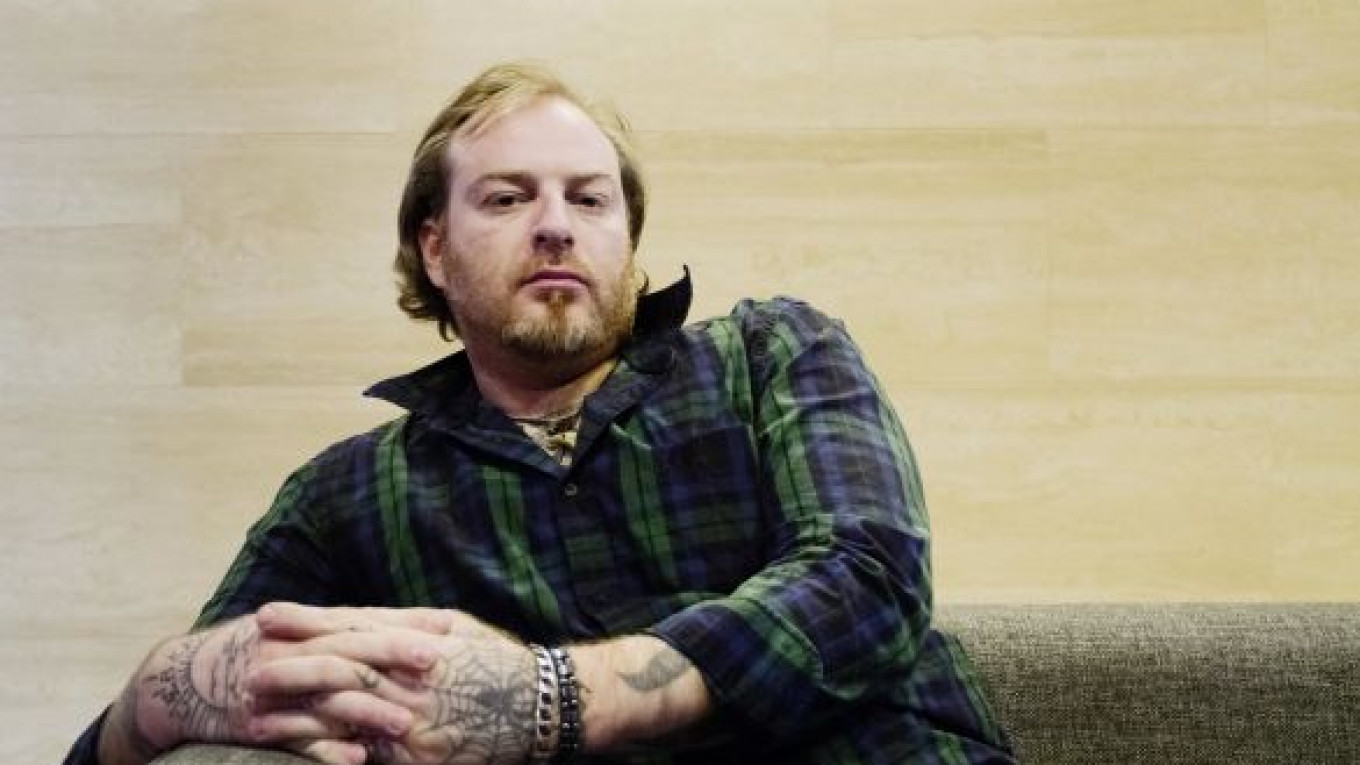BERLIN — A Russian baritone who was due to sing the lead role in Richard Wagner's "The Flying Dutchman" when the Bayreuth opera festival opens next week withdrew from the event Saturday after it emerged that he once had Nazi-related symbols tattooed on his body.
A German television program broadcast Friday showed old footage of a bare-chested Yevgeny Nikitin playing drums in a rock band, in which a swastika tattoo partly covered by another symbol could be seen. The festival said Nikitin made his decision amid questions from a German newspaper about the significance of some of his tattoos.
Organizers made Nikitin, 38, aware of "the connotations of these symbols in connection with German history," said a statement from the festival in Bayreuth, in the southeastern state of Bavaria. It added that his decision to pull out is "in line with the festival leadership's consistent rejection of any form of Nazi ideas.
"The festival is currently led by the composer's great-granddaughters, Eva Wagner-Pasquier and Katharina Wagner.The Nazi past is a sensitive issue for the Bayreuth festival, which was founded by Richard Wagner in 1872. Winifred Wagner, who headed the Bayreuth festival under Nazi rule, was a strong admirer of Adolf Hitler. During her reign, Hitler not only helped fund the festival but was also allowed to meddle in artistic decisions. In a brief statement released through the festival, Nikitin said that he got the tattoos in his youth.
"It was a major mistake in my life, and I wish I had never done it," he said. "I was not aware of the extent of the confusion and hurt that these symbols would cause, particularly in Bayreuth and in the context of the festival's history."
Displaying Nazi symbols is a criminal offense in Germany. Bass-baritone Samuel Youn stepped in Sunday to take the lead role in"The Flying Dutchman." Youn, who studied in Seoul and Milan, has previously performed at Bayreuth. Youn already had been foreseen as a backup in case Nikitin fell ill.
A Message from The Moscow Times:
Dear readers,
We are facing unprecedented challenges. Russia's Prosecutor General's Office has designated The Moscow Times as an "undesirable" organization, criminalizing our work and putting our staff at risk of prosecution. This follows our earlier unjust labeling as a "foreign agent."
These actions are direct attempts to silence independent journalism in Russia. The authorities claim our work "discredits the decisions of the Russian leadership." We see things differently: we strive to provide accurate, unbiased reporting on Russia.
We, the journalists of The Moscow Times, refuse to be silenced. But to continue our work, we need your help.
Your support, no matter how small, makes a world of difference. If you can, please support us monthly starting from just $2. It's quick to set up, and every contribution makes a significant impact.
By supporting The Moscow Times, you're defending open, independent journalism in the face of repression. Thank you for standing with us.
Remind me later.






